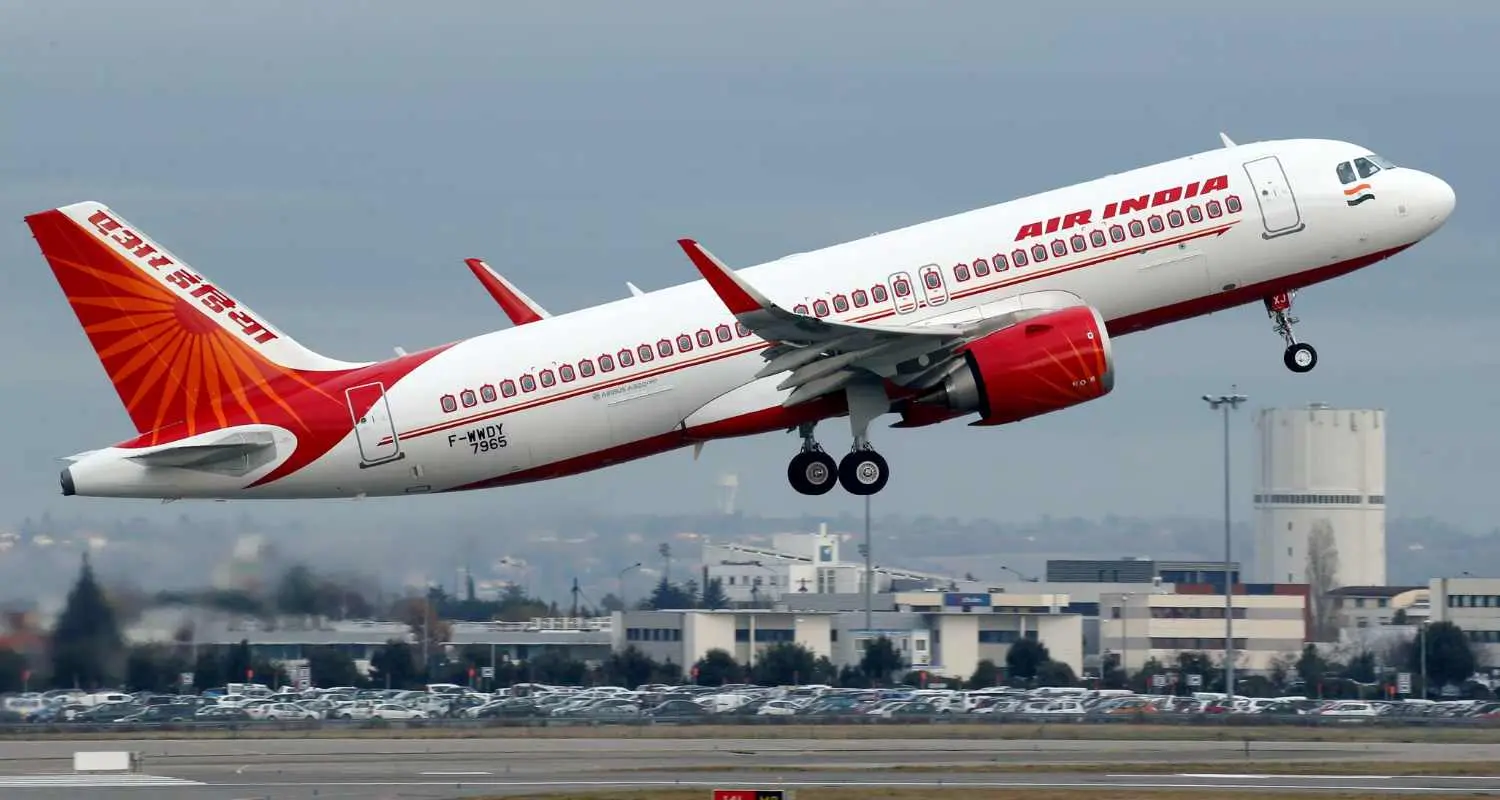Air India Could Encounter $600 Million Loss Due to Pakistan Airspace Restrictions

Due to Pakistan’s recent closure of its airspace to Indian airlines, Air India is bracing for an estimated financial impact of around $600 million if the restrictions persist for a year. The airline has formally requested compensation from the Indian government, highlighting the significant operational challenges it faces as a result of this airspace ban. The closure follows a tragic terror attack in Kashmir that resulted in the deaths of 26 individuals, including a foreign national.
Financial Implications for Air India
Air India has calculated that the ongoing airspace restrictions could lead to losses exceeding 50 billion Indian rupees, equivalent to approximately $591 million annually. In a letter addressed to the Indian government, the airline proposed a ‘subsidy model’ to mitigate the financial strain caused by the airspace closure. The letter emphasized that the impact on Air India is particularly severe due to increased fuel consumption and the need for additional crew members on flights. The airline’s executives were prompted to assess the consequences of the airspace ban after discussions with government officials, who are seeking to understand the broader implications for Indian carriers.
The Tata Group-owned airline is currently undergoing a significant restructuring effort, which involves a multi-billion dollar investment aimed at revitalizing its operations. However, Air India is facing growth challenges, particularly due to delays in aircraft deliveries from major manufacturers Boeing and Airbus. The airline reported a net loss of $520 million for the fiscal year 2023-2024, despite generating revenues of $4.6 billion. With a market share of 26.5% in India, Air India plays a crucial role in connecting the country to international destinations, including Europe, the United States, and Canada.
Operational Challenges Ahead
The closure of Pakistan’s airspace has forced Indian airlines to prepare for increased operational costs and longer flight durations. Air India, which frequently utilizes this airspace for its international routes, is particularly affected. The airline operates a significant number of long-haul flights compared to its domestic competitor, IndiGo. According to data from Cirium Ascend, Air India, along with IndiGo and Air India Express, had scheduled around 1,200 flights from New Delhi to various international destinations in April alone.
In light of the airspace restrictions, Indian carriers are exploring alternative routes to minimize the impact on their operations. Reports indicate that discussions are underway with the civil aviation ministry to identify potential flight paths that could circumvent the closed airspace, including routes over challenging terrain near China. Additionally, the airlines are considering measures such as tax relief to alleviate the financial burden caused by the airspace closure.
Government Response and Future Strategies
In response to the ongoing situation, Air India has requested government intervention to facilitate overflight permissions from Chinese authorities. The airline’s letter did not disclose specific details regarding these permissions but emphasized the urgency of addressing the operational challenges posed by the airspace restrictions. Furthermore, Air India has sought approval to deploy additional pilots on routes to the United States and Canada to accommodate the longer travel times resulting from the detours.
The Indian government is actively exploring solutions to support the aviation sector during this challenging period. As the situation evolves, the focus remains on finding effective strategies to ensure the sustainability of Indian airlines while addressing the safety and security concerns that led to the airspace closure. The outcome of these discussions will be crucial for the future of Air India and other carriers affected by the ongoing restrictions.
Observer Voice is the one stop site for National, International news, Sports, Editor’s Choice, Art/culture contents, Quotes and much more. We also cover historical contents. Historical contents includes World History, Indian History, and what happened today. The website also covers Entertainment across the India and World.

